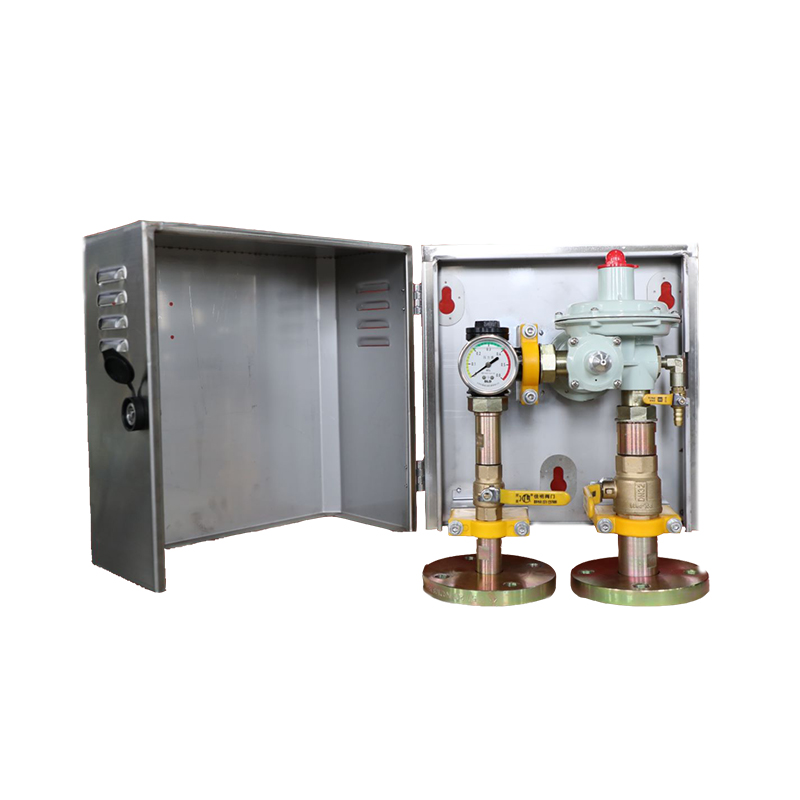
Aug . 17, 2024 19:41
Back to list
Understanding Appliance Regulators and Their Importance in Energy Management Systems
Understanding Appliance Regulators Ensuring Safety and Efficiency
Appliance regulators are vital components designed to ensure the safe and efficient operation of household and industrial appliances. By regulating the flow of energy or gas to various devices, these regulators play a crucial role in maintaining optimal performance while preventing potential hazards.
What are Appliance Regulators?
An appliance regulator is a device that automatically manages and maintains a consistent level of energy supplied to an appliance, such as gas stoves, heaters, and various types of electrical equipment. In the case of gas appliances, regulators reduce high-pressure gas from the line to a pressure that is suitable for safe use. For electrical appliances, voltage regulators maintain a stable voltage level, protecting devices from voltage fluctuations that could potentially cause damage.
The Importance of Appliance Regulators in Safety
Safety is the primary function of appliance regulators. In gas-powered appliances, for instance, a regulator ensures that gas is delivered at a pressure that is both usable and safe. A malfunctioning regulator could allow gas to flow at inappropriate levels, leading to dangerous conditions such as leaks or explosions. By managing this pressure, regulators protect users from such risks.
Moreover, in electrical systems, voltage regulators ensure that appliances receive the correct voltage, preventing issues such as overheating, premature wear, or catastrophic failure. Appliances that are subjected to inconsistent voltage levels may not function properly, leading to inefficiencies and increased energy consumption.
Energy Efficiency and Appliance Regulators
Another significant advantage of appliance regulators is their contribution to energy efficiency
. By ensuring that appliances operate within their designed parameters, regulators help reduce energy waste. For example, in a home heating system, a thermostat paired with a gas regulator can optimize the gas flow based on the current temperature requirements of the home, leading to lower energy bills and a reduced carbon footprint.appliance regulators

In modern appliances, especially those that are energy-star rated, the role of regulators becomes even more critical. As manufacturers strive to meet stringent energy efficiency standards, regulators must be capable of precise control to ensure optimal performance while minimizing energy consumption.
Considerations When Choosing Appliance Regulators
When selecting appliance regulators, several factors should be considered
1. Type of Appliance Ensure that the regulator is compatible with the specific appliance in question, be it gas or electrical.
2. Pressure and Voltage Ratings Regulators come with specific pressure or voltage ratings. It is crucial to choose one that matches the operational requirements of your appliances.
3. Compliance with Standards Always opt for regulators that comply with local safety standards and regulations to ensure reliability and safety.
4. Installation and Maintenance Proper installation and regular maintenance of regulators are essential for their optimal functioning. Users should consider professional installation for gas regulators and routine checks to ensure they are working as intended.
Conclusion
Appliance regulators are indispensable for anyone relying on gas or electrical appliances in their home or business. They ensure safety by regulating pressure and voltage, thereby protecting users from potential hazards. Additionally, they contribute to energy efficiency, helping consumers save money and reduce environmental impact. Understanding the importance of these regulators and selecting the right ones can elevate the performance and safety of your appliances, making them a worthy investment in any setting.
Latest news
-
Safety Valve Spring-Loaded Design Overpressure ProtectionNewsJul.25,2025
-
Precision Voltage Regulator AC5 Accuracy Grade PerformanceNewsJul.25,2025
-
Natural Gas Pressure Regulating Skid Industrial Pipeline ApplicationsNewsJul.25,2025
-
Natural Gas Filter Stainless Steel Mesh Element DesignNewsJul.25,2025
-
Gas Pressure Regulator Valve Direct-Acting Spring-Loaded DesignNewsJul.25,2025
-
Decompression Equipment Multi-Stage Heat Exchange System DesignNewsJul.25,2025

